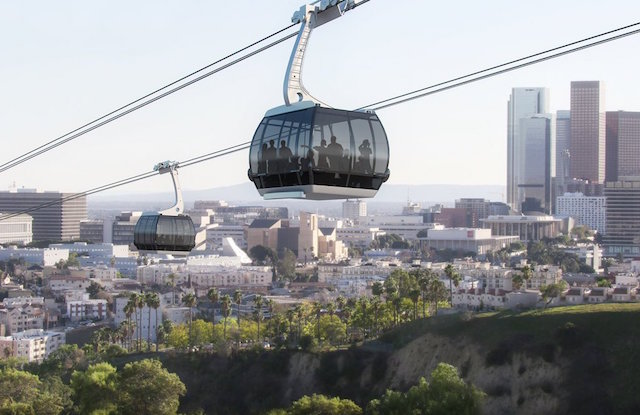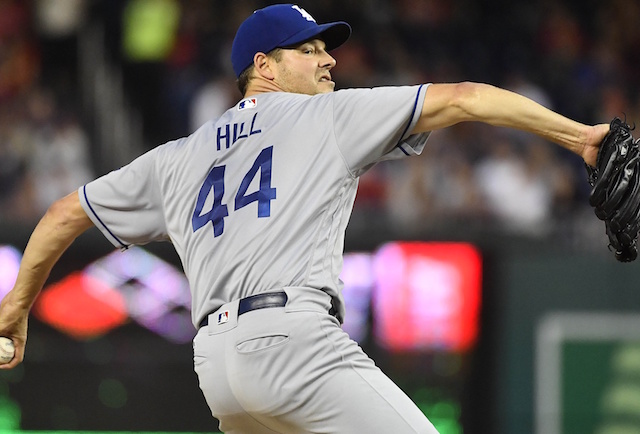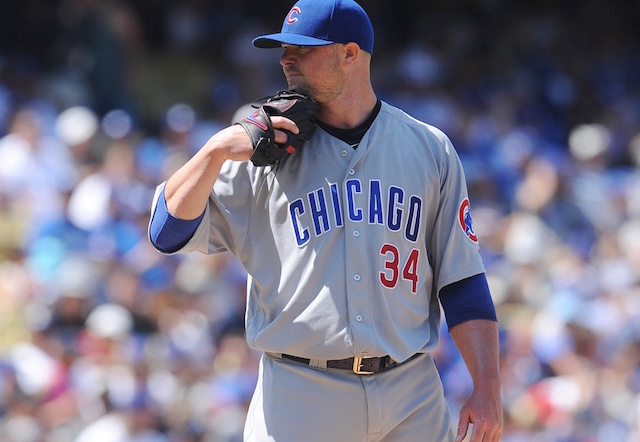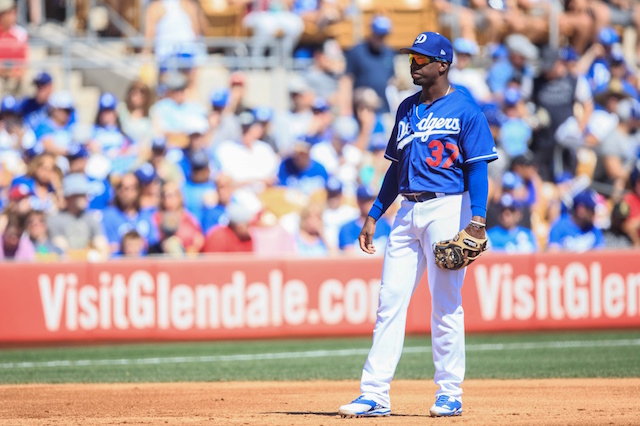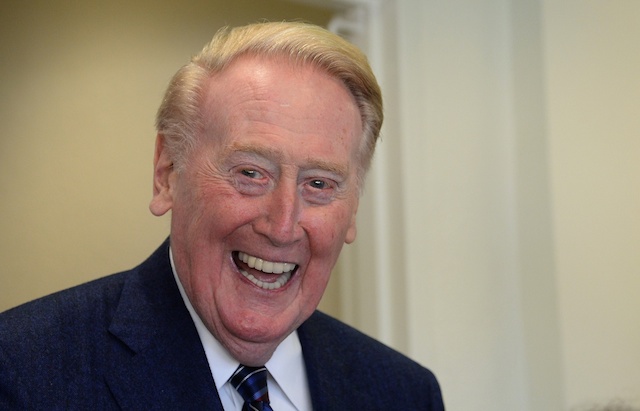The Los Angeles County Metropolitan Transportation Authority (Metro) Board of Directors unanimously certified the final environmental impact report (EIR) for the L.A. Aerial Rapid Transit (LA ART) connection between Union Station and Dodger Stadium.
More commonly referred to as the gondola, the plan for LA ART was unveiled by Los Angeles Dodgers former team owner Frank McCourt’s company Aerial Rapid Transit Technologies LLC (ARTT) in April 2018.
The approval of the EIR allows the project to move into the next steps, which is further consideration by different agencies, including L.A. city council, the California Division of Occupational Safety and Health, the state’s Department of Parks and Recreation, and Caltrans.
The project, which is being funded by McCourt, was backed by former L.A. Major Eric Garcetti and came together under Metro’s Office of Extraordinary Innovation.
The gondola project has been a controversial topic, drawing much pushback from the community with a poll showing 76% of Angelenos opposing the development.
Local residents have argued the gondola would take away privacy and safety by running through their neighborhoods.
Friends of Elysian Park also noted that the area surrounding Dodger Stadium is considered a “Dark Park,” meaning it closes down at night to give the wildlife that live there a rest, as well as the neighbors who live nearby.
The final EIR for the gondola says the system will operate from 6 a.m. until midnight.
“Today, the METRO board has failed our communities and effectively decided a billionaire’s private tourist attraction is more important than investing in what our communities truly need – real public transportation and protected green space,” founder of the Stop the Gondola Coalition Phyllis Ling said in a statement.
“It’s unfathomable that an Environmental Impact Report (EIR) as flawed as the gondola project’s would pass muster. It fails to sufficiently assess impacts on the community and flat-out ignores viable alternatives.
“The last-minute conditions proposed by Supervisor Solis and Mayor Bass do nothing to fix the deeply flawed EIR. If METRO failed to hold LA ART accountable to provide a complete funding plan as a condition to move the project forward, what assures the community these conditions will be enforced?
“While we are disappointed by this decision, we are not surprised and remain steadfast in our commitment to protect our communities and stop this private tourist attraction.
“Our fight will go next to the LA City Council and the California State Parks and Recreation Commission, which we expect will show more responsibility than Metro for our communities and our state park.”
Proponents of the plan say it would decrease traffic and transportation-related population and greenhouse gas emissions as a result of reduced vehicular congestion in and around Chavez Ravine, on neighborhood streets, arterial roadways and freeways.
A draft of the Environmental Impact Report (EIR) by Metro found that roughly 20% of fans could ride the gondola before and after each game at Dodger Stadium, reducing vehicle miles traveled as attendees shift from driving to riding transit connected to Metro’s regional transit system.
The gondola system is expected to carry close to 6,000 riders between Union Station and Dodger Stadium during each game, and that number could jump to 10,000 by 2042.
After the EIR was certified, Sarah Reyes, the chief communications officer for The California Endowment, criticized the Metro board for not considering the needs of the community.
“The eleventh-hour benefits motion presented by proponents to salvage the project reinforces the many deep flaws in the EIR,” Reyes said in a statement. “With more than 90 separate unaddressed issues that we, along with hundreds of community members, have highlighted in public comments and letters, the Gondola project continues to pose a significant burden for the surrounding community in increased traffic, pollution, noise, trash, and health burdens.
“The Endowment’s Center for Healthy Communities, which serves thousands of visitors, non-profit organizations, and governmental entities each year, will also be substantially and negatively impacted by this project. And lastly, the taxpayer, with nothing more than vague promises, may be left on the hook to cover the estimated $500 million in construction costs and maintenance should the project go bankrupt.
“The community deserves more than vague assurances and promises of redress; they require transparency, accountability, and a meaningful say in determining the future of the community in which they live.”
L.A. city councilmember Eunisses Hernandez previously introduced a motion instructing the city to suspend any actions related to advancing the project until a thorough assessment of Dodger Stadium traffic and accessibility was completed.
Hernández noted there have been no study from local transit agencies that demonstrates that the gondola will offer a robust solution to the impact of stadium traffic on surrounding communities compared against other zero emission transit solutions such as enhanced and targeted park and ride regional bus systems, improved pedestrian infrastructure, moving escalators and walkways, or other transit technologies.
AART wants the gondola built in time for the 2028 Summer Olympics, which have also been a topic of community pushback. While there are no Olympic events yet planned at Dodger Stadium, the gondola would provide sweeping views of downtown L.A. and the San Gabriel Mountains
Affordable housing tied to Dodger Stadium gondola project
Before the project was certified, L.A. Mayor Karen Bass and four members of Metro provided a list of 31 conditions they want to impose to proceed with the gondola project.
One condition would restrict future development of the Dodger Stadium parking lots, which are co-owned by McCourt and Guggenheim Baseball Management.
Any future development of the Dodger Stadium parking lots would require city approval, but Bass and her allies want the Dodgers to commit that at least 25% of expansion be dedicated to affordable housing.
Have you subscribed to the Dodger Blue YouTube channel? Be sure to ring the notification bell to watch player interviews, participate in shows and giveaways, and stay up to date on all Dodgers news and rumors!





